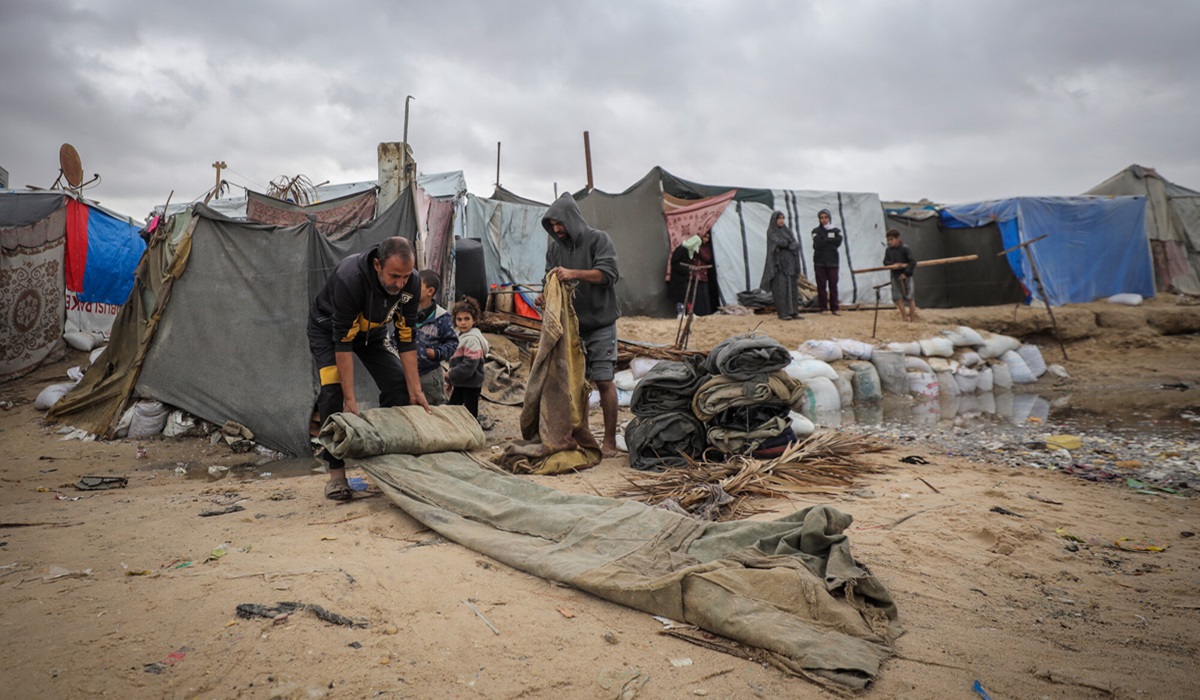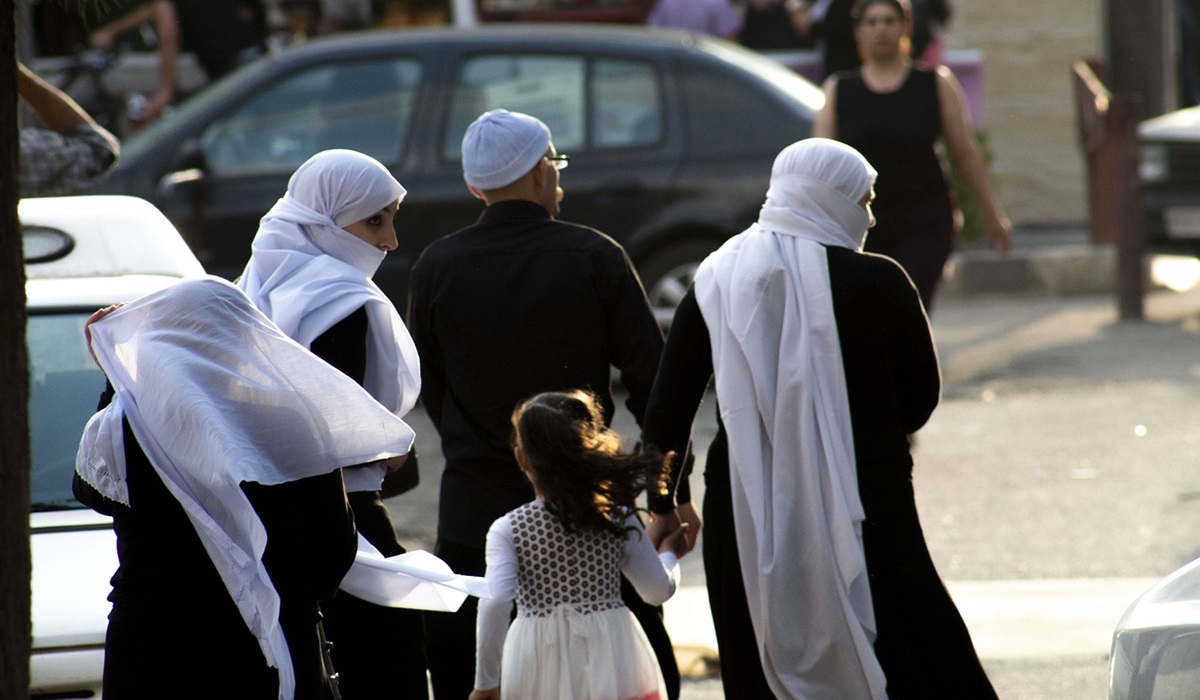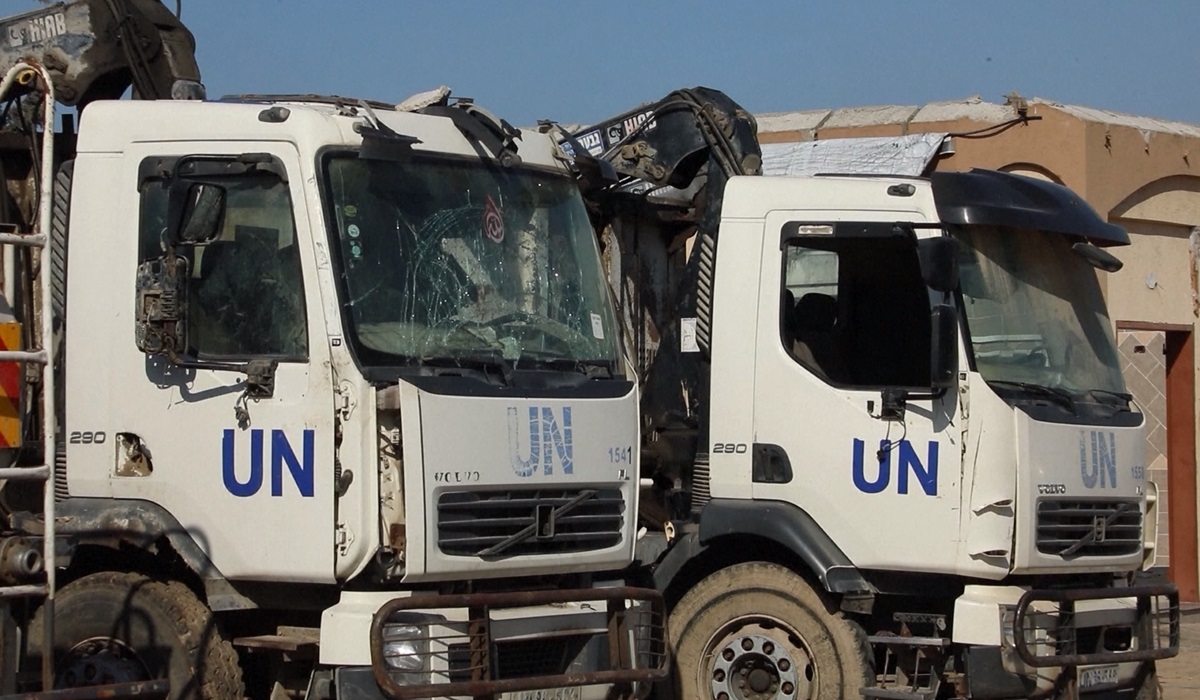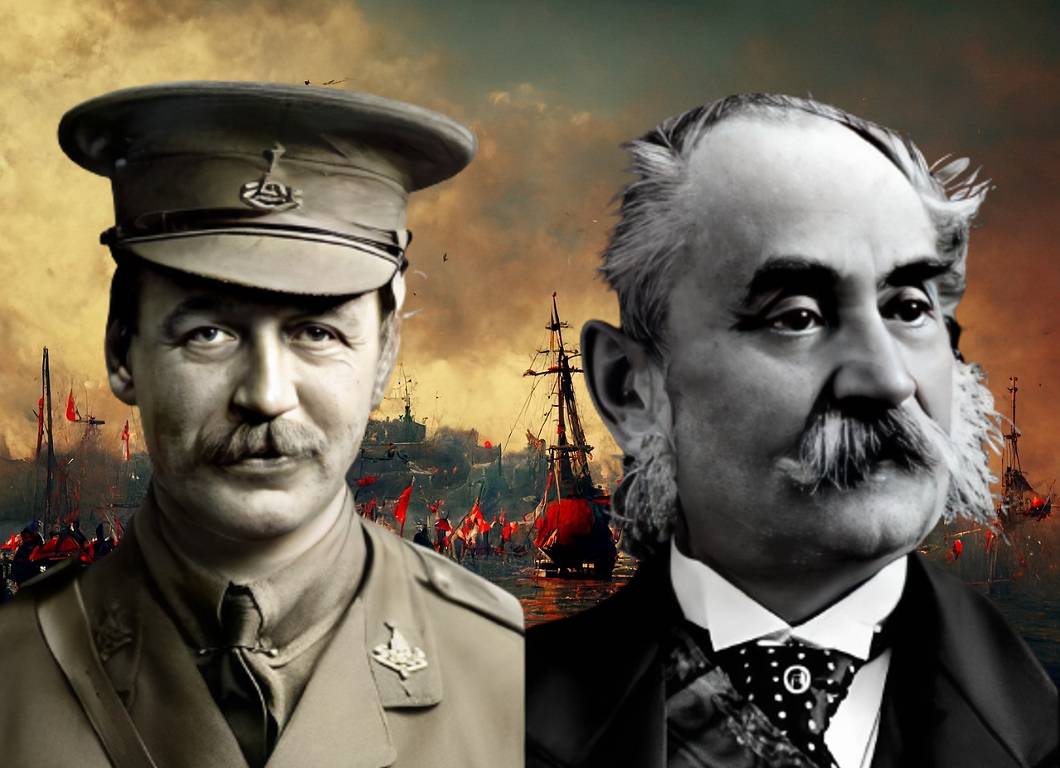Supremacism: A Threat to Humanity and Peace in the Middle East
- Anne Thompson
- Middle East
- November 29, 2023
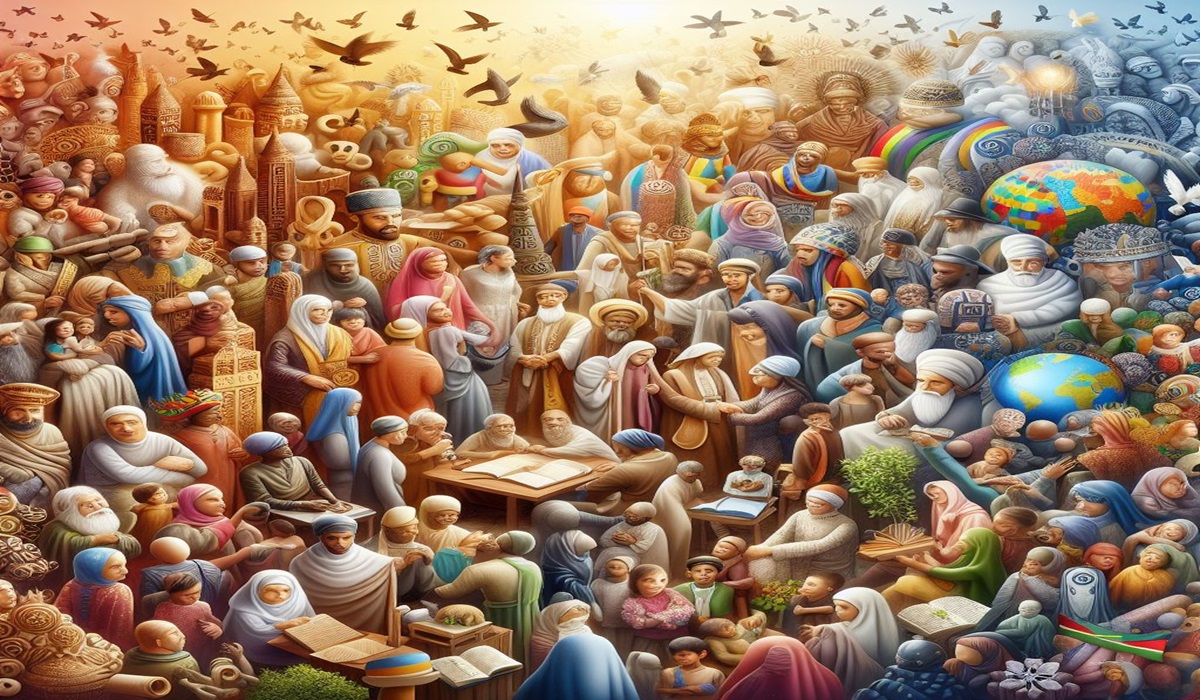
Anne Act of Resistance is Anne Act of Virtue
By Anne Thompson
If you have come to help me you are wasting your time. But if you recognize that your liberation and mine are bound up together, we can walk together. ―Lila Watson
I assert that supremacism is a harmful and hate-inspiring ideology that denies the equality and diversity of human beings, radically impedes human civilization’s ability to flourish fully, and which people should resist by remembering to remember, and learning from historical events with the same strenuous determined efforts reserved for war.
Supremacism is not a new phenomenon. In the history of humanity, there have been many examples of supremacism, such as slavery, colonialism, genocide, apartheid, and terrorism. This ideology’s long and dark history, which spans across time and space, has left behind a trail of blood and tears. From the Crusades to the Holodomor to the South African Apartheid, supremacism has been responsible for some of the most horrific atrocities in human history. These examples show its devastating consequences, such as the loss of lives, the destruction of cultures, the violation of human rights, and the creation of fear and resentment. However, supremacism is not a thing of the past.
In the present day, we witness its rise and spread on many fronts, such as white supremacy, male chauvinism, homophobia, and religious extremism. These forms of supremacism are threatening the values of democracy, justice, and peace, and are undermining the harmony and cooperation among people. It is imperative that we, as citizens of the world, act against this belief, lest we, too, lose our own self-determination.
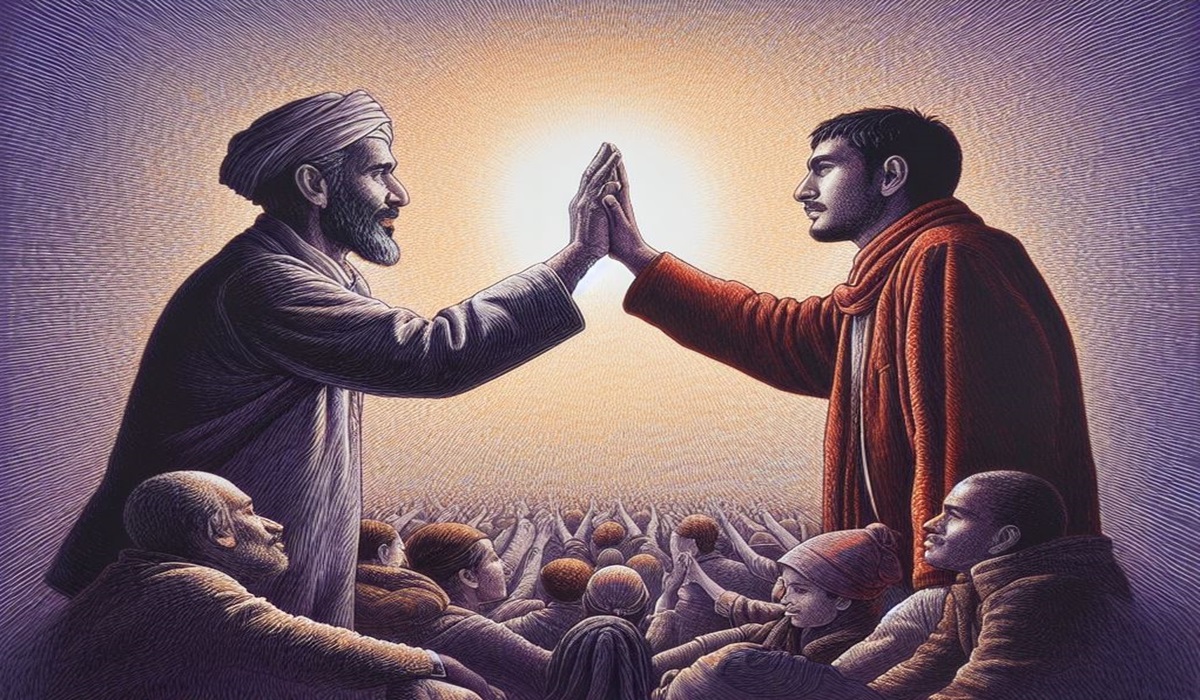
Supremacism is a belief that one group of people is superior to another group of people, and that the superior group has the right to dominate, oppress, or eliminate the inferior group. It can be based on race, ethnicity, religion, gender, sexuality, or any other characteristic that creates a division among people. It is a source of othering, hatred, discrimination, and violence, and it violates the dignity and rights of all human beings.
The Middle East is a region that has been plagued by conflict, violence, and instability for decades. A root causes of this situation is supremacism.
In these times of challenge and controversy, it is important to know where to stand. For it isn’t enough to talk about peace. One must believe in it. And it isn’t enough to believe in it. One must work at it.” ―Eleanor Roosevelt
One example of supremacism in the Middle East is the Islamic State of Iraq and Syria (ISIS), a militant group that emerged in 2014 after the US invasion of Iraq and the civil war in Syria. It claims to be the true representative of Islam, and aims to establish a caliphate, or a theocratic state, in the region. ISIS follows a radical and violent interpretation of Islam, and rejects any other form of religion, culture, or ideology. ISIS has committed numerous atrocities, such as massacres, beheadings, kidnappings, rapes, and enslavements, against anyone who does not conform to their beliefs, including Muslims, Christians, Yazidis, Kurds, and others. ISIS has also attacked and threatened many countries around the world, such as France, Belgium, Turkey, and the US. ISIS is a manifestation of religious supremacism, that seeks to impose its will and vision on the rest of humanity.
Another example of supremacism in the Middle East is the Israeli occupation of Palestine. European Zionists deemed themselves to be an occupied people as they emigrated to Palestine – a land to which any historical connection they had had long since passed through a largely voluntary transit. The Israeli state was established in 1948, after the United Nations partitioned Palestine into two states, one for the Jewish people and one for the Arab people. The Jewish state received the majority of the land, despite being the minority of the population. Since then, Israel has expanded its territory through wars and settlements, and has imposed a system of apartheid and oppression on the Palestinian People. Israel claims a historical and religious right to the land, and that it is defending itself from terrorism and aggression. However, many scholars and activists have denounced Israel’s government as an occupying state that violates the human rights and international law of the Palestinian people in the same manner as would followers of supremacism.
The truth is incontrovertible. Malice may attack it, ignorance may deride it, but in the end, there it is. — Winston Churchill

Truth cannot be erased or distorted by the lies of propaganda of an occupying power. Humans have a duty to defend truth and to uphold truth with equal fervour as we employ upholding respect and adherence to the rule of law, the principle that everyone is subject to the law, regardless of all else.
Some might argue that supremacism is not the only or the main cause of the conflict in the Middle East, and that there are other factors, such as geopolitics, economics, and history, that play a role in the situation. For instance, some might contend that the rise of ISIS is not a consequence of supremacism, but of the failure of the US and its allies to stabilize and democratize the region, and that ISIS is a reaction to the foreign intervention and oppression. Similarly, some might claim that the Israeli-Palestinian conflict is not a result of supremacism, but of a legitimate dispute over land and security, and that both sides have valid claims and grievances.
History, despite its wrenching pain, cannot be unlived, but if faced with courage, need not be lived again. ―Maya Angelou
However, these arguments are not convincing, because they ignore or minimize the role of supremacism in these conflicts. Supremacism is not only a belief, it is also a practice, that shapes the actions and policies of the actors involved. Supremacism is not only a cause, it is also a consequence, of the conflict, that fuels and perpetuates the cycle of violence and hatred. Supremacism is not only a factor, it is also a challenge, that needs to be addressed and overcome, in order to achieve a lasting and peaceful resolution of the conflict.
Humanity, our species, is no stronger than its most oppressed member, and as long as this behaviour continues, a part of ourselves is also oppressed, held down by the very same energy as is used to oppress, instead of using it for humanity to thrive and to soar. We are parts of this same destructive organism. And we have the ability to control ourselves, our emotions, our passions, and our choices of behaviour, as individuals and as a global community.

Allow not yourselves to become angered that the Palestinian people have not borne occupation with pacifist opposition. This would be acceptance of part of the insidiousness of the supremacism that is practiced; it illustrates the exceptional in order to implicitly blame those who cannot—even in the most brutal circumstances—maintain saintly forbearance. Humans frequently do this instead of going through the often painful, laborious efforts of self-examination and self-modification.
History has shown us that courage is contagious, and hope can take on a life of its own. ―Michelle Obama
If we accept and acquiesce in the face of supremacism, we all, ourselves, take on the burden of the responsibility for their behaviours. Thusly, we allow oppressors to salve their consciences by believing (or pretending) that they have our acceptance and concurrence. We must confront and acknowledge the painful aspects of our history, rather than avoid or deny them, as it would help us heal and prevent the same tragedies from happening again. We must remember. We must protest.
In conclusion, the only differentiation of worth that exists is between virtue and vice. Supremacism, with its type of differentiation, is a harmful and hate-inspiring ideology that denies the equality and diversity of human beings, radically impedes human civilization’s ability to flourish fully, and which people should resist by remembering to remember, and learning from historical events with the same strenuous determined efforts reserved for war. Supremacism is one of the root causes of the conflict, violence, and instability in the Middle East, and it is imperative that we, as citizens of the world, act against this ideology, lest we, too, lose our own self-determination.
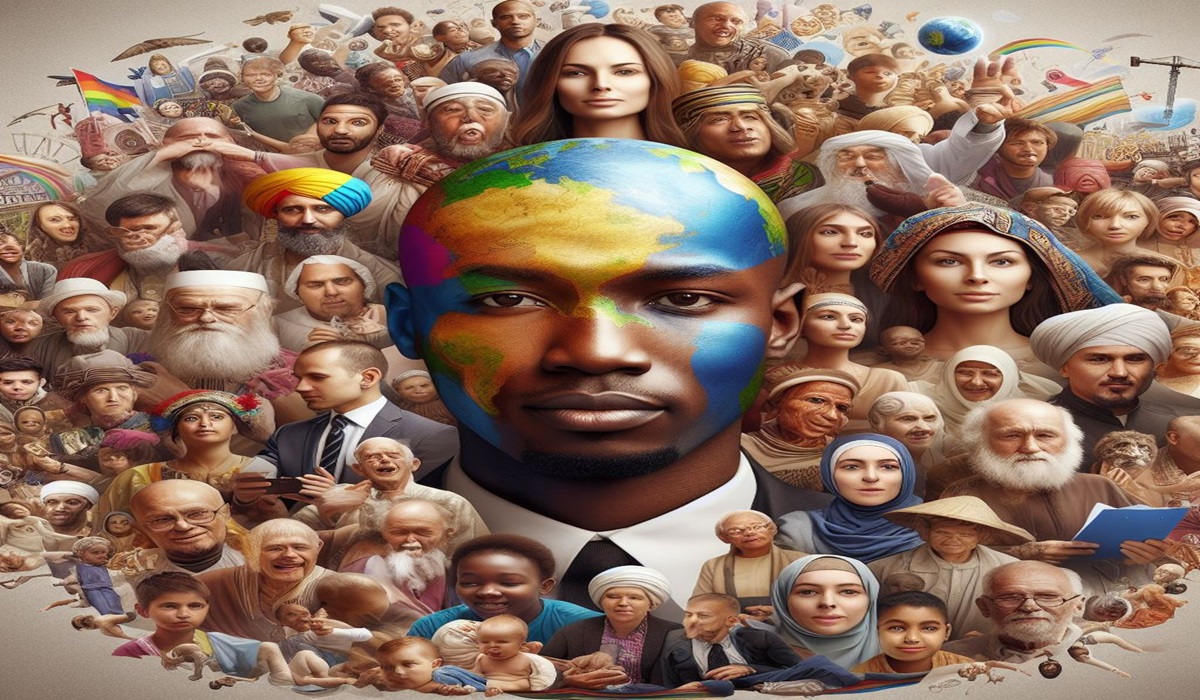
We came to realize that a civilization which rode roughshod over the way of life of other peoples was incorporating evil in its own way of life — Margaret Mead
Historically, dissident intellectuals are people who condemned the geopolitical analysis, warned that the Evil Rulers were leading the people into disaster, condemned the crimes and brutality of the kings, and called for mercy for widows and orphans. This has its own resonances throughout history right to the present. Eliyahu was called Hater of Israel because he dared to condemn the acts of the Evil King.
We must practice self-examination and self-modification, while we learn from the mistakes and lessons of history. We must put effort into promoting dialogue and cooperation among people and into supporting initiatives of war cessation and international justice. We must also work together to celebrate the diversity and dignity of human beings in order to bring a better and brighter future for ourselves and next generations. We must remember that our children watch the choices we make in all aspects of life and base their opinion on them. We must also remember the places of reciprocity and rule of law as crucial elements of a well-functioning civilized society. We can and we must act against supremacism by denying commerce and support to followers and adherents of any form of the ideology of supremacism.
With the editorial assistance of and images by Microsoft Bing

